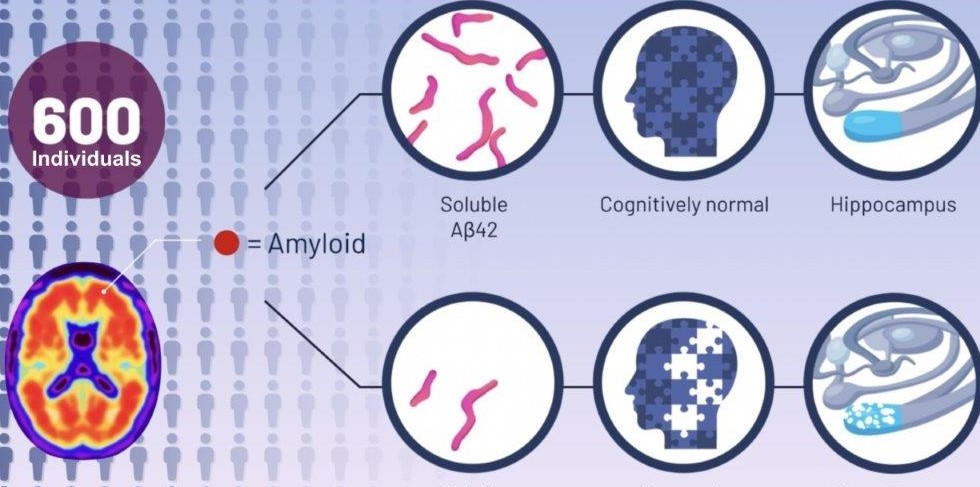
Alzforum: Target or Decoy: Are drug developers chasing the right thing?
As the search for treatments of neurodegenerative diseases continues, UC led research on Alzheimer’s
As the search for treatments of neurodegenerative diseases continues, UC-led research on Alzheimer’s Disease continues to spur conversation about what causes the disease and how best to treat it.
In June 2021, Alberto Espay, director and endowed chair, Gardner Family Center for Parkinson's disease and Movement Disorders at the University of Cincinnati, and colleagues at the Karolinska Institute, Stockholm, presented a study that contradicts prevailing Alzheimer’s theory: that the aggregation of -amyloid plaques lead to cognitive decline. The UC-led research contends that it’s instead the reduction of a certain brain fluid protein.
The article reflects on the evolution of drug therapies for different diseases and how they’ve helped, or not; and how researchers are currently reassessing Alzheimer’s treatments, including a controversial new drug approved by the FDA.
“Our key message is that neurodegenerative diseases, in general, are associated with loss of protein,” said Espay. He contends that yes, aggregates accumulate, but total soluble protein goes down and that is what leads to disease.
Featured image at top of Espay's study: Life Sciences Animation.
Impact Lives Here
The University of Cincinnati is leading public urban universities into a new era of innovation and impact. Our faculty, staff and students are saving lives, changing outcomes and bending the future in our city's direction. Next Lives Here.
Related Stories
Media coverage and word of mouth extends DAAP art exhibit to...
April 19, 2024
Due to popular draw, the art exhibit "Rediscovering Catharina van Hemessen’s Scourging of Christ: Women Artists, Patrons, and Rulers in Renaissance Europe" has been extended at the DAAP Library through April 30.
Alabama.com: How a new self-test for HPV could be a game changer
April 19, 2024
The University of Cincinnati's Leeya Pinder was featured in an Alabama.com/Reckon article about how self-testing for HPV could make preventative care more accessible to those facing the most barriers.
WVXU: Test your word puzzle skills with a Cincinnati...
April 18, 2024
Cincinnati edition host Lucy May discusses the history and new found popularity of word games with Michael Griffith, professor English. Griffith is a writer, but also develops word games for publication.
